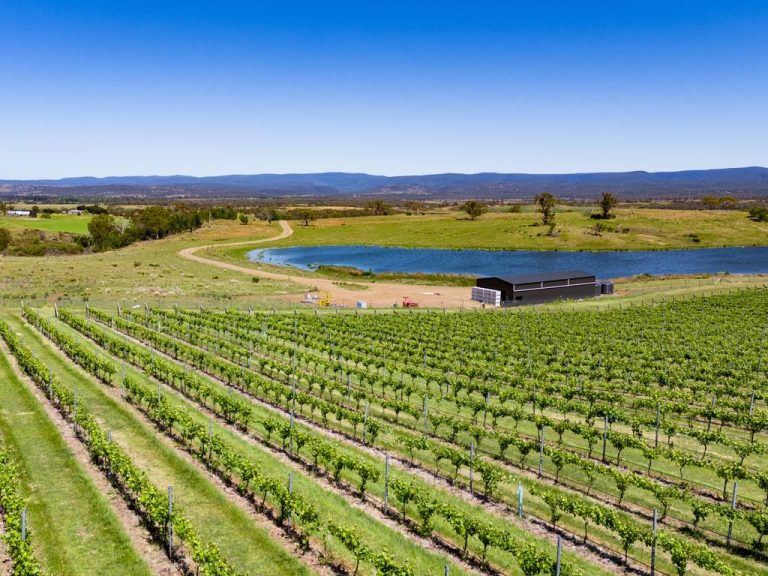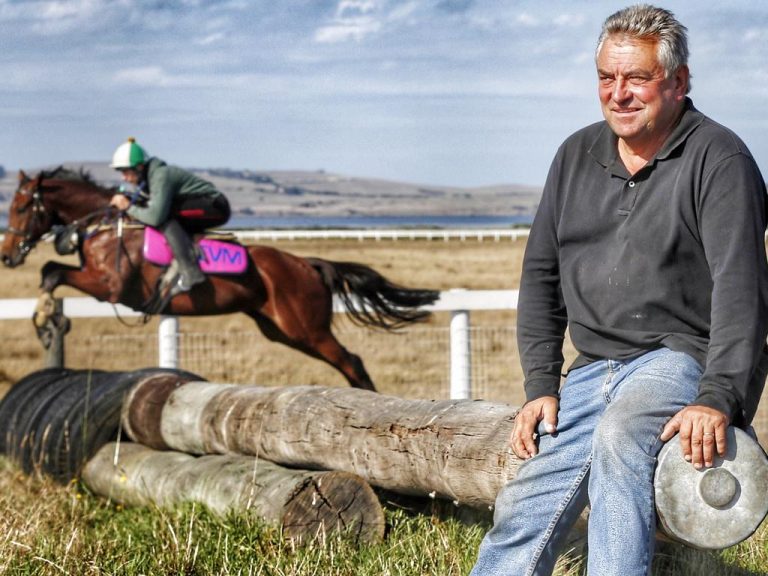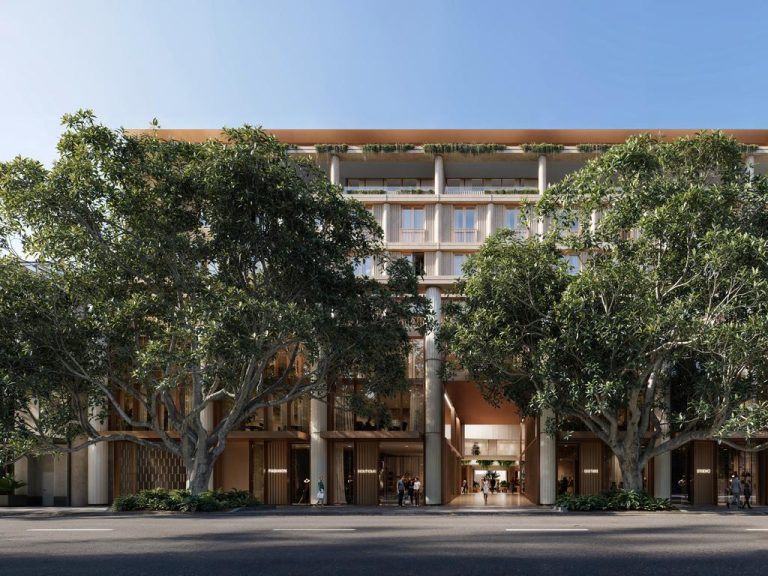Norwegian drone technology floods into Melbourne, sustainably washing the city’s buildings
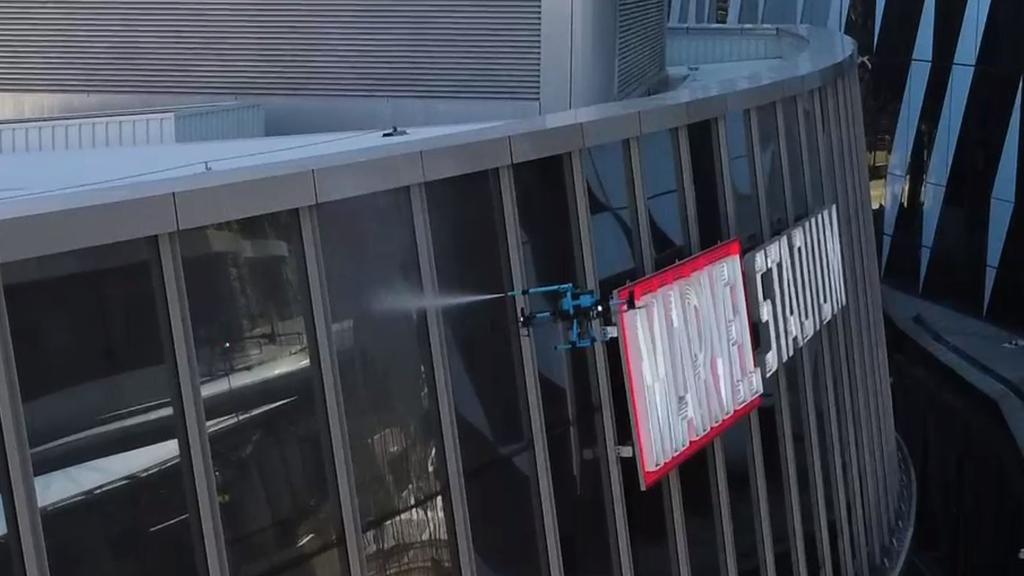
FAMASO drones cleaning Marvel Stadium.
Melbourne offices are joining the MCG and Marvel Stadium in getting washed by drones in an Australian first.
Facility services company FAMASO has introduced cutting-edge drone technology by Norwegian company KTV Working Drones as a “new revolutionary method of cleaning” the city’s commercial buildings.
RELATED: ASX-listed tenants are drawcards to $60m regional Vic retail assets
Panton Hill Winery where Neighbours, Secret Bridesmaids’ Business filmed looking for a corking sale
Renowned Mornington Peninsula brewhouse and cottage relists with multimillion-dollar price shave
Facilitated by Colliers, property developer Vicland was the first to use the technology to clean the exterior of one of their office buildings, St Germain in Toorak.
The drones have also run demonstrations cleaning both the MCG and Marvel Stadium in the past few weeks.
FAMASO director Mikhil Kotak said he didn’t hesitate paying the non-refundable fee to secure the rights to bring KTV Working Drones to Australia.
“Powered by rechargeable battery packs, these drones are as environmentally friendly as they come, using minimal water and no harsh cleaning agents,” Mr Kotak said.
“Traditional facade washing is a slower process resulting in more water wastage.
“Drones have the ability to wash the facade and glass at the same time, which allows for better building maintenance over time compared to the traditional method.”
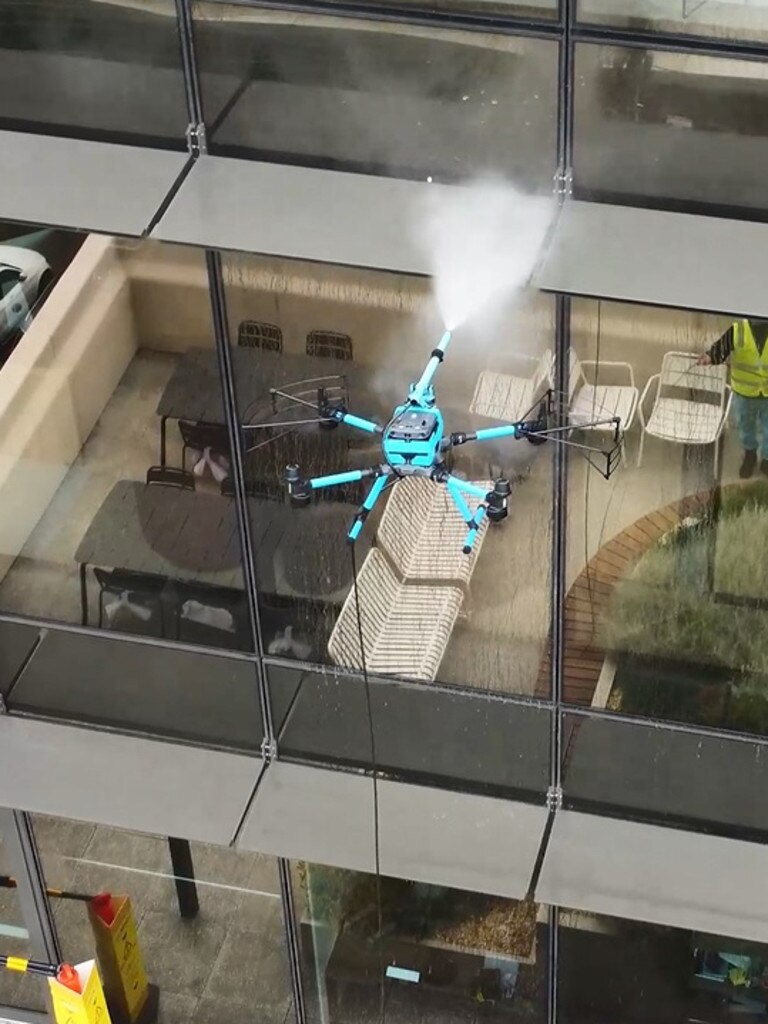
Drones cleaning the exterior of the St Germain in Toorak.
Vicland Property Group director of development Jake Steinhart said they were always looking to “try new things” with their buildings.
“In the current market tenants want the newest and most technologically advanced things,” Mr Steinhart said.
“They now have a vested interest in all elements of the building from ESG (environmental, social and corporate governance) to window cleaning.”
Vicland’s St Germain building is home to Kay & Burton, Deague Group, Kennedy and Cecconis restaurant.
Colliers’ senior property manager Elyse Latella said the drone technology was sustainable, cost-effective and a safer way to clean Melbourne’s buildings.
“There’s a safety element to it; you put the drone pilots that are physically on the ground manoeuvring the drone rather than hanging off the side of the building,” Ms Latella said.
“It captures the sustainability side of things not having to use harsh chemicals because you’re using hot water — and hot water kills everything.
“It brings the cost down; you’re not having as much labour involved as opposed to your traditional window cleaning.”
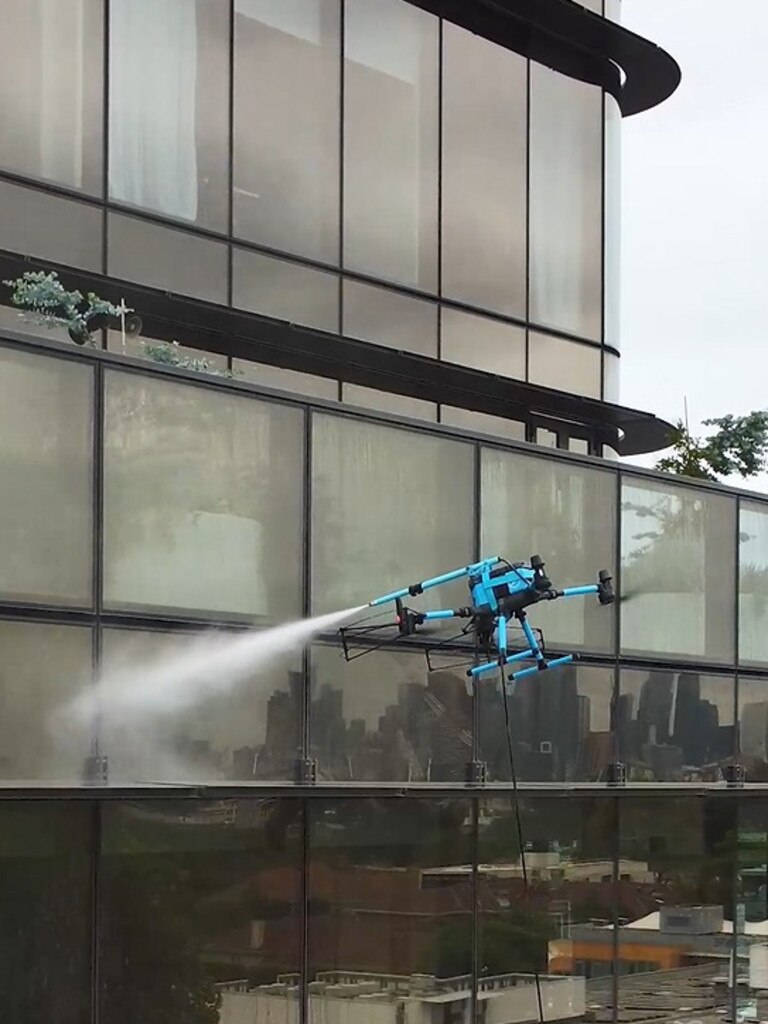
The technology aims to be a safer and more sustainable option to former methods of cleaning.
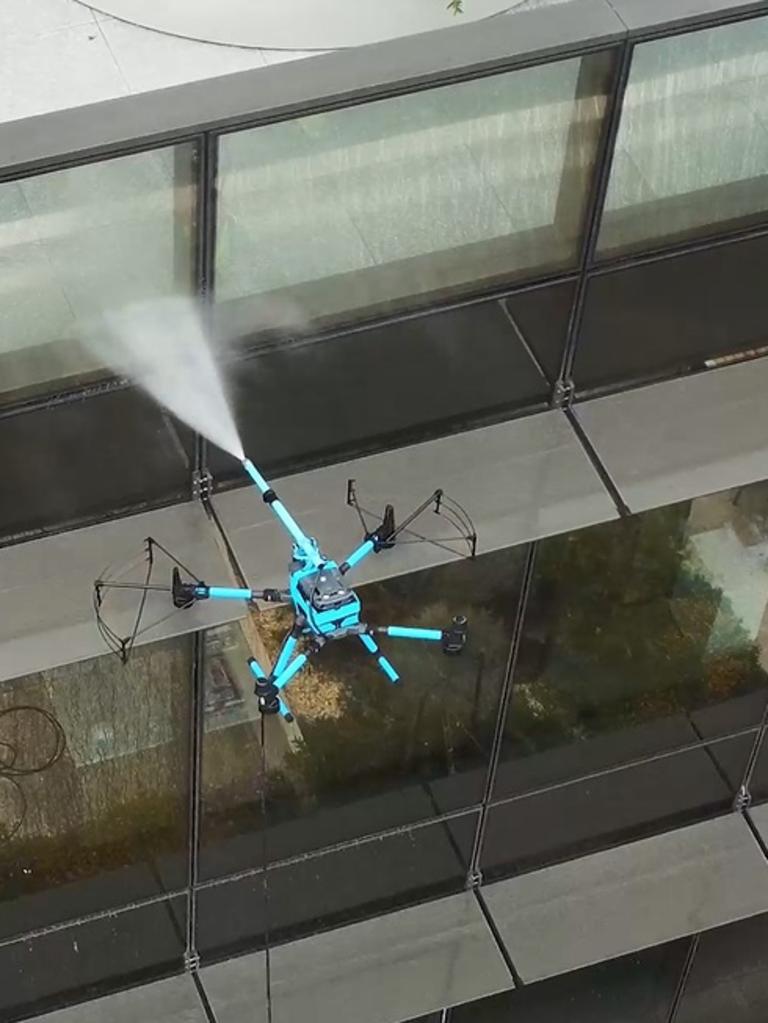
Mr Kotak believes this is the “new revolutionary method of cleaning”.
FAMASO trialled the drones at the MCG last month, washing the outside of the iconic stadium.
Mr Kotak said there were areas that required cherry pickers and rope access solutions to clean the external glass, with some windows not accessible at all before drones became available.
“Melbourne Cricket Club (MCC) wanted to reduce risk and speed up the cleans for preparation for frequent large events and be cost conscious,” he said.
“MCC has always been keen on innovation.”
He added that this “new revolutionary method of cleaning” would make Australia one of the leaders in safe work practices and innovative thinkers.
“I believe it’s not if, but when drones will affect the regulation in high access cleaning industry,” he said.
Sign up to the Herald Sun Weekly Real Estate Update. Click here to get the latest Victorian property market news delivered direct to your inbox.
MORE: Which Melb suburbs are tipped for granny flat boom
Super yacht-style mega-mansion bobs up for sale
Australia’s 7.4m population forecast has grim home truth
sarah.petty@news.com.au

